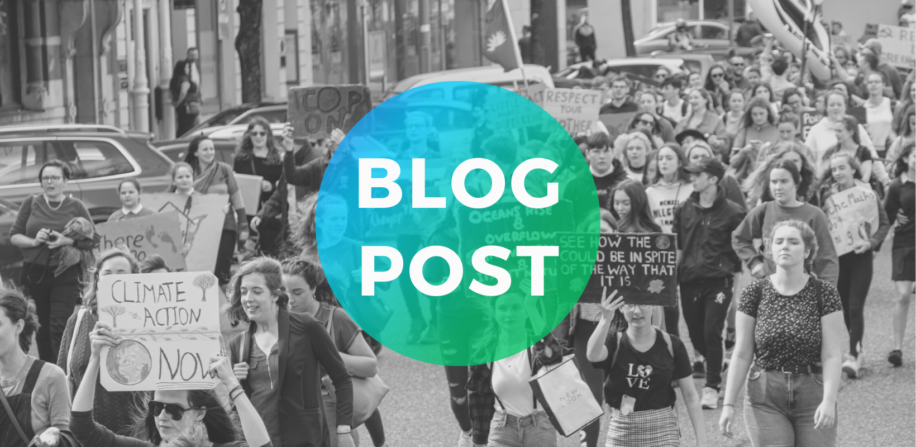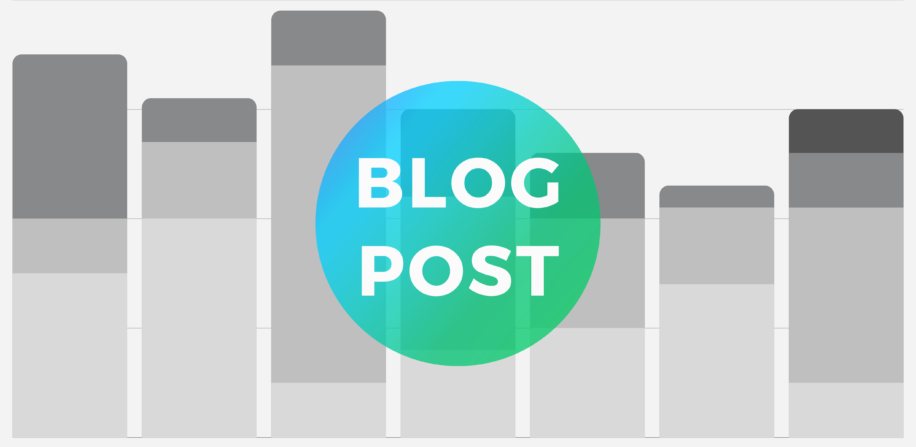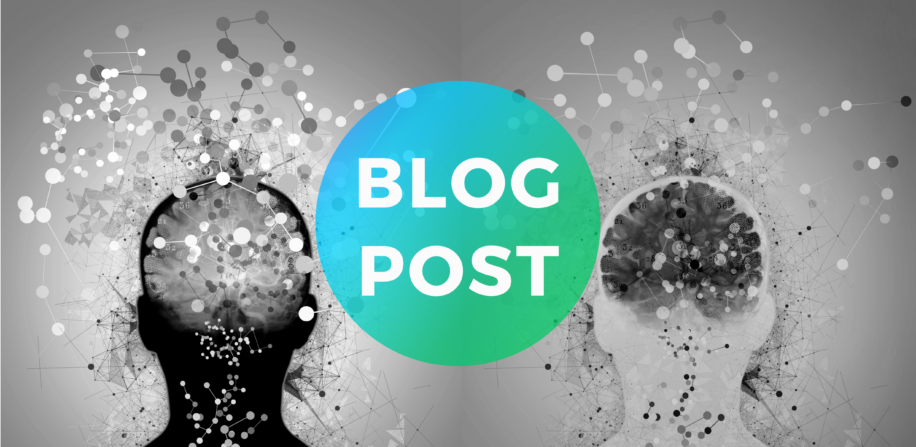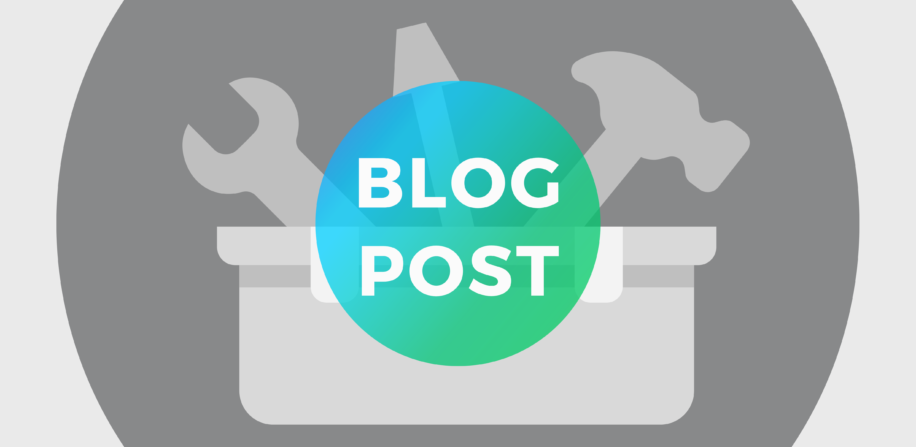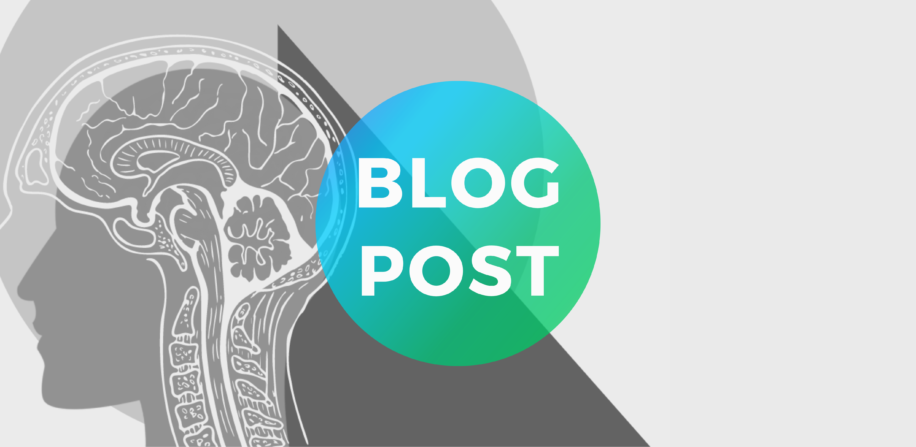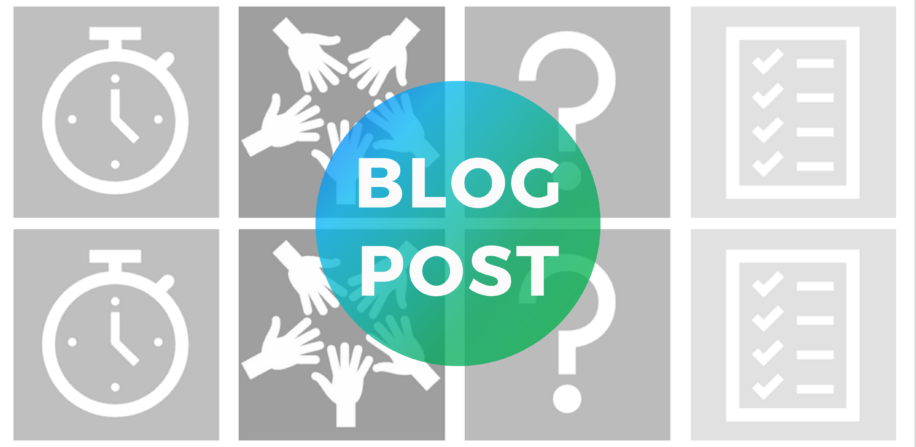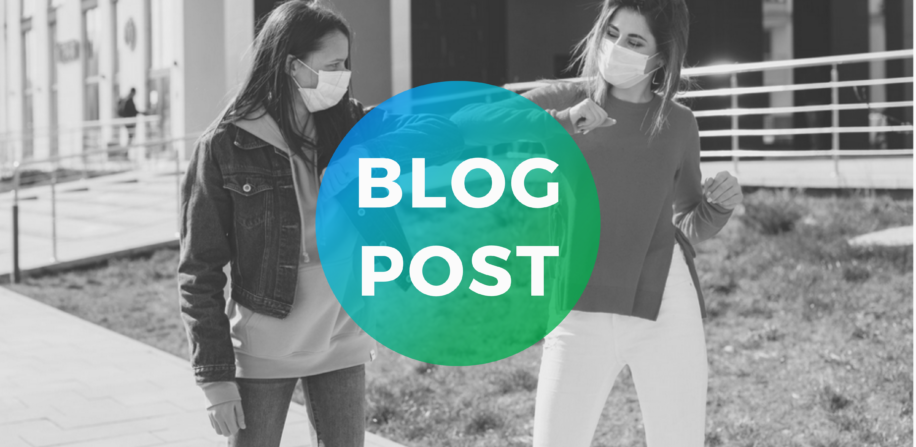With the publication of the IPCC report, it’s not difficult to conclude that our current political leadership is not going to take us where we need to go, and we can’t wait anymore. The scientists are telling us right now, in clear language, that the time is up: Major transformations in our thinking and behavior around energy use must happen right now.
